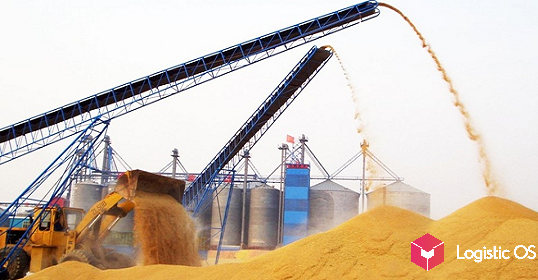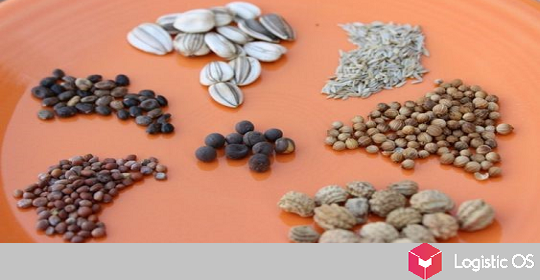The Ministry of Agriculture introduced a bill for public discussion that will streamline the grain market.
Why is there a need for additional regulation, and what can a new bill change in the market?
A bit of recent history.
In 2020, the Ministry of Agriculture imposed restrictions from April 1 to June 30 on the shipment of grain outside the EAEU in the amount of 7 million tons. Together with commodity interventions in the amount of 1.5 million tons, this should have made it possible to maintain a sufficient amount of grain in the domestic market and minimize the price jump.
But on April 26, the quota was chosen ahead of schedule. Moreover, on April 24-26, declarations were submitted for a volume of more than 3 million tons. And this despite the fact that the actual capacity of Russian ports for the export of grain is not more than 1.5 million tons per week.
That is, documents were submitted to customs for volumes twice the available capacity.
The figures, of course, caused a lot of questions from market participants. How could this happen?
Apparently, this problem was associated with the possibility of using incomplete customs declaration, when exporters declare the volume of products in excess of the available.
And through customs, this operation took place as a completed shipment. This led to the fact that those who issued the documents, but could not buy the goods, returned the quota. And those exporters who actually had the goods on hand could not issue a quota, because it was already selected by previous market participants.
As a result, this resulted in downtime and loss.

For reference:
Incomplete customs declaration, according to Art. 115 of the EAEU Customs Code, is carried out only for goods exported from the customs territory of the Union.
With this type of clearance, information about the recipient of the goods, country of destination, methods of transportation and packaging of goods may not be indicated.
When the goods are released, the declarant must provide the missing information no later than 8 months from the date of release of the goods, unless shorter deadlines are set.
Therefore, if we continue to introduce quotas and leave the possibility of incomplete declaration, chaos will form on the market.
At the same time, the fixing of the quota balance should be carried out, for example, in May-June, if restrictive measures are planned to be introduced in the second half of the season.
Based on the situation in the spring of this year, it is clear that the quota can be chosen literally in a few days, and some exporters will not be able to ship the planned volumes. In this case, incomplete declaration may make such moments more transparent.
As a result, according to the proposed bill, the Russian government will be empowered to determine goods that are not subject to incomplete customs clearance. And also to determine shorter deadlines for submitting documents for shipped goods, if the application of this type of declaration to certain groups remains possible.

